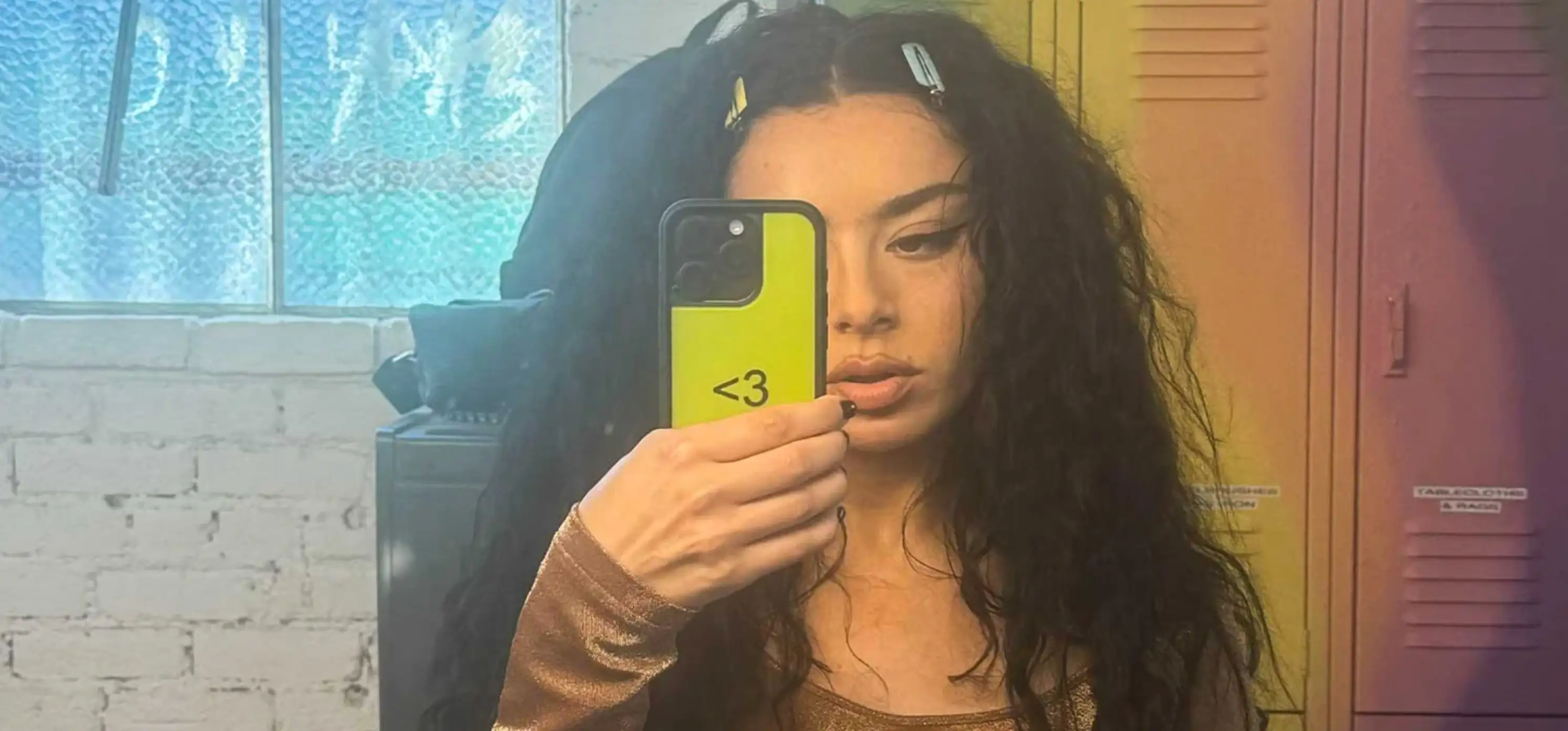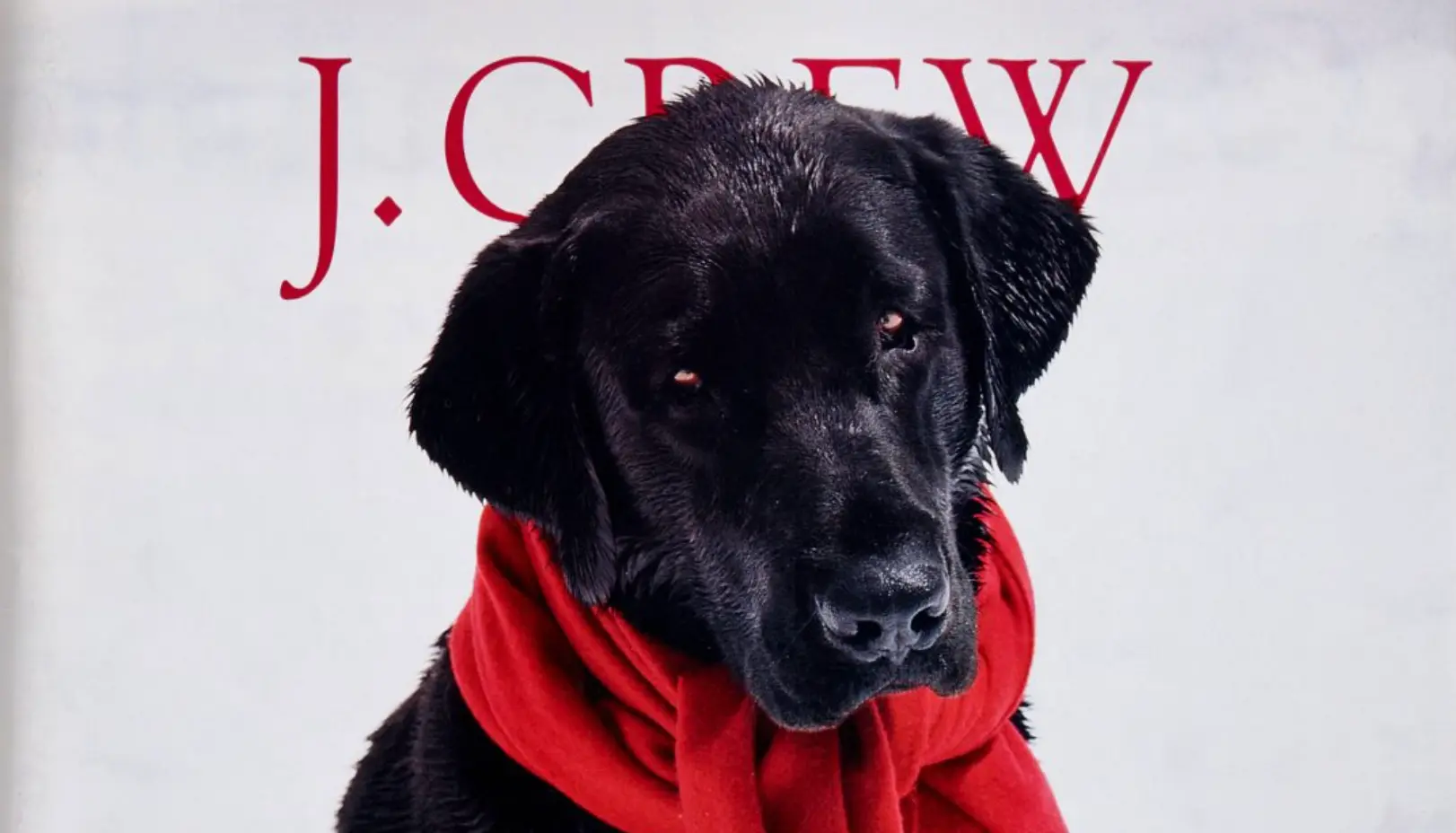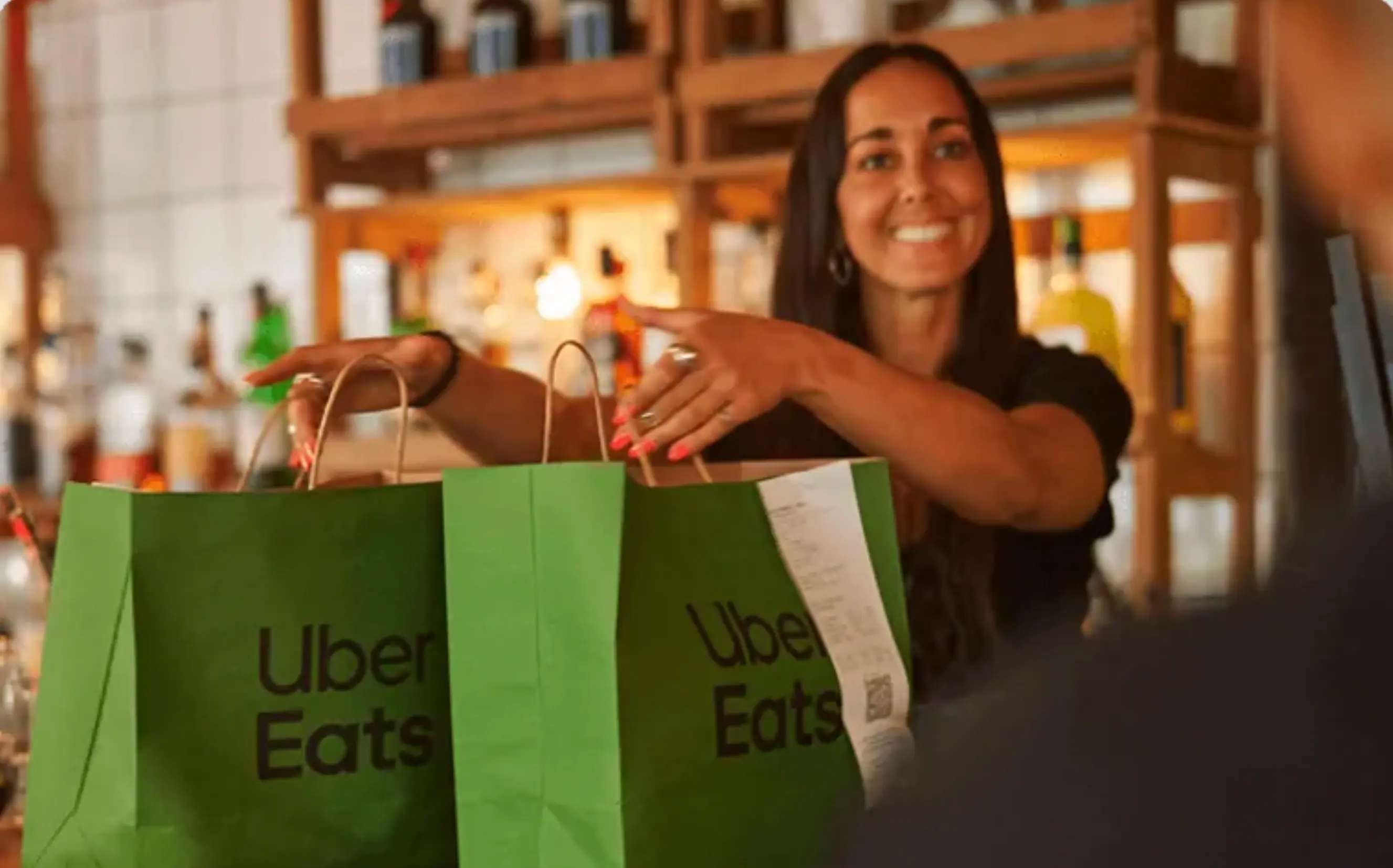Hyperloop One Is Selling Assets, Laying Off Remaining Employees And Shutting Down
Updated on
Published on
%20(3).avif)
%2520(3).avif)
The once-prominent hyperloop startup, Hyperloop One, is on the brink of closure, signalling a major setback for the ambitious vision of revolutionizing transportation through high-speed tube-encased lines. Founded in 2014 following Elon Musk's visionary paper on hyperloop transportation technologies, Hyperloop One sought to redefine how we move people and goods across vast distances. However, recent reports and insider information reveal a story of financial struggles, strategic shifts, and the ultimate failure to secure contracts, culminating in the decision to shut down operations at the end of 2023.
Hyperloop One embarked on its journey with lofty goals, aiming to create a transportation system that could move both passengers and freight at airplane-like speeds through vacuum-sealed tubes. The company gained significant attention and support, with Richard Branson's Virgin Group investing in the venture, leading to its rebranding as Virgin Hyperloop One from 2017 to 2022. Initially capturing the public's imagination, the company envisioned projects like a high-speed freight link between Europe and China, promising to transport cargo across continents in a single day. However, these grand aspirations would remain unfulfilled.
In a surprising move in 2022, Hyperloop One decided to abandon its plans for passenger transport and shift its focus exclusively to building a cargo-only service. This strategic pivot came with consequences, as the company laid off over 100 staff members, reflecting the challenges associated with adapting its vision to the practicalities of the transportation industry. Financial troubles plagued Hyperloop One throughout its existence, with reports indicating ongoing struggles to secure contracts and generate revenue. Despite raising a substantial amount—over $450 million in venture capital funds—the lack of tangible contracts to build a working hyperloop system proved to be a significant hurdle. The Virgin Group's withdrawal of branding in 2022 highlighted a loss of confidence in the company's ability to deliver on its initial promises. The absence of a strong commercial foundation and the inability to secure contracts for operational hyperloop systems contributed to the downward spiral.
Hyperloop One faced challenges on multiple fronts. While the company secured a high-profile deal in Las Vegas to build a line between the city's convention centre and The Strip, other expansions failed to materialize, hindering the realization of the founders' ambitious vision. Scandals, controversies, and legal challenges further marred the company's reputation. A public separation with co-founder Brogan BamBrogan in 2017, involving allegations of harassment and sabotage, added to the turmoil. The departure of another co-founder, Shervin Pishevar, amid allegations of sexual assault and misconduct further casts a shadow over the company's trajectory.
Hyperloop One's struggles reflect broader challenges faced by the hyperloop industry as a whole. Elon Musk's vision for hyperloop technology in 2013 ignited the initial hype surrounding it, but implementation has run into practical difficulties. Critics have labelled the hyperloop as "vaporware" and a "utopian vision" that is financially unfeasible to achieve. While Hyperloop One made strides, including building a test track in Nevada and conducting the first and only human passenger test in 2020, reaching a top speed of only 100mph, it fell short of the initial promises of high-speed, long-distance travel. The gap between vision and execution became apparent, leaving industry observers skeptical about the viability of hyperloop technology on a large scale.
The reported shutdown of Hyperloop One raises questions about the future of hyperloop transportation. Despite the setbacks faced by this prominent startup, the concept continues to capture the imagination of entrepreneurs and innovators. Several other hyperloop companies are at various stages of building prototypes, but the industry's path to maturity remains uncertain. Elon Musk's parallel endeavours, including his test tunnel in California through The Boring Company, indicate ongoing interest in innovative transportation solutions. However, the focus has shifted from hyperloop technology to underground passageways for Teslas.
The downfall of Hyperloop One, once a frontrunner in the hyperloop industry, reflects the challenges and complexities involved in turning visionary concepts into practical, commercially viable transportation solutions. From financial struggles and strategic shifts to legal challenges and failed expansions, the company faced a myriad of obstacles that ultimately led to its reported shutdown. While the hyperloop concept has not materialized into a widespread reality, the industry's exploration and experimentation continue. The legacy of Hyperloop One serves as a cautionary tale for other hyperloop startups, emphasizing the importance of addressing practical challenges, securing contracts, and ensuring a strong commercial foundation for the realization of futuristic transportation dreams. The future of hyperloop transportation remains uncertain, but the journey of Hyperloop One leaves a lasting mark on the quest for innovative and transformative transportation solutions.







